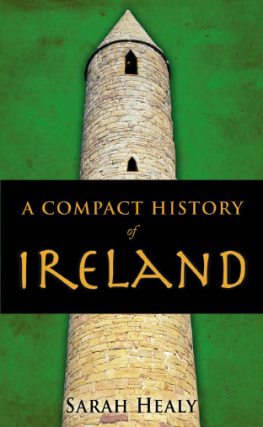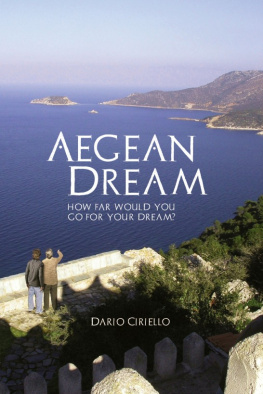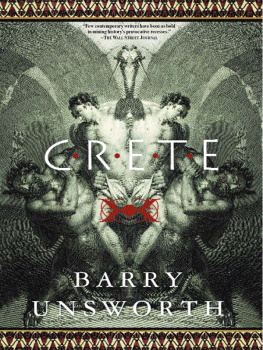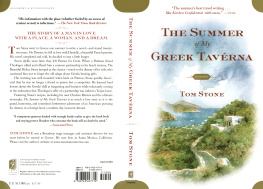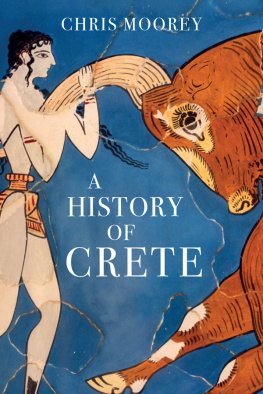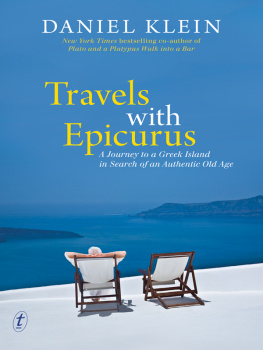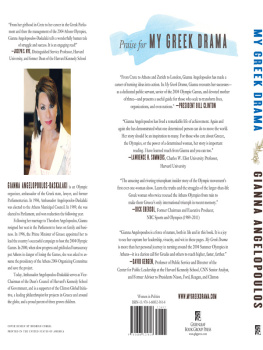Sarah Kafatou - Pomegranate Years: A Journal of Aging, Art, Love, and Loss on a Greek Island
Here you can read online Sarah Kafatou - Pomegranate Years: A Journal of Aging, Art, Love, and Loss on a Greek Island full text of the book (entire story) in english for free. Download pdf and epub, get meaning, cover and reviews about this ebook. year: 2019, publisher: Paul Dry Books, genre: Home and family. Description of the work, (preface) as well as reviews are available. Best literature library LitArk.com created for fans of good reading and offers a wide selection of genres:
Romance novel
Science fiction
Adventure
Detective
Science
History
Home and family
Prose
Art
Politics
Computer
Non-fiction
Religion
Business
Children
Humor
Choose a favorite category and find really read worthwhile books. Enjoy immersion in the world of imagination, feel the emotions of the characters or learn something new for yourself, make an fascinating discovery.
- Book:Pomegranate Years: A Journal of Aging, Art, Love, and Loss on a Greek Island
- Author:
- Publisher:Paul Dry Books
- Genre:
- Year:2019
- Rating:3 / 5
- Favourites:Add to favourites
- Your mark:
Pomegranate Years: A Journal of Aging, Art, Love, and Loss on a Greek Island: summary, description and annotation
We offer to read an annotation, description, summary or preface (depends on what the author of the book "Pomegranate Years: A Journal of Aging, Art, Love, and Loss on a Greek Island" wrote himself). If you haven't found the necessary information about the book — write in the comments, we will try to find it.
Unexpected, rare, and a revelation . . . Sarah Kafatou has given us a gentle-paced, keen-eyed lesson, day by day, in how to live as we get older.Rachel Hadas, author of Strange Relation: A Memoir of Marriage, Dementia, and Poetry and Poems for Camilla
Pomegranate Years, an intimate account of three years lived on the island of Crete, documents a turbulent, stressful time of economic and political crisis in Greece. It is also deeply concerned with illness and death, as the authors husband Fotis Kafatos, a distinguished scientist, is increasingly affected by Alzheimers disease.
Fotis remains a full human being, authentic and resilient despite his impairments. Sarah reflects on his situation, as well as on the vicissitudes of daily life, the practice of art, and current events in Greece, Europe, and the US. She takes long walks in the Cretan mountains and discovers hidden aspects of the island. Talks with friends, and her own historical awareness, provide her with a rich sense of belonging.
As an account of a solitude, a couple, a family, and a culture, Pomegranate Years is concerned with the question of how to live well at any age, but especially as one grows older and a beloved life draws almost imperceptibly nearer to its end.
Pomegranate Years is full of the deepest questions: How should we live? How do we choose what to doin our hours, in our lives, and in the days when the one we love is dying? What should we learn? (At this point in the authors life, Beethoven and Arabic, among many other things.) Gorgeous descriptions of hiking in Crete interweave with thoughts on painting, piano (both playing and composition), poetry, fiction, literary translation (particularly Pushkin), history, and politics. Kafatous voice is compelling, inviting one to read further, read again. And with each re-reading one sees new ways to think about ones own life. This brilliant and evocative memoir is an inspiration.Grace Dane Mazur, author of The Garden Party
Sarah Kafatou: author's other books
Who wrote Pomegranate Years: A Journal of Aging, Art, Love, and Loss on a Greek Island? Find out the surname, the name of the author of the book and a list of all author's works by series.



